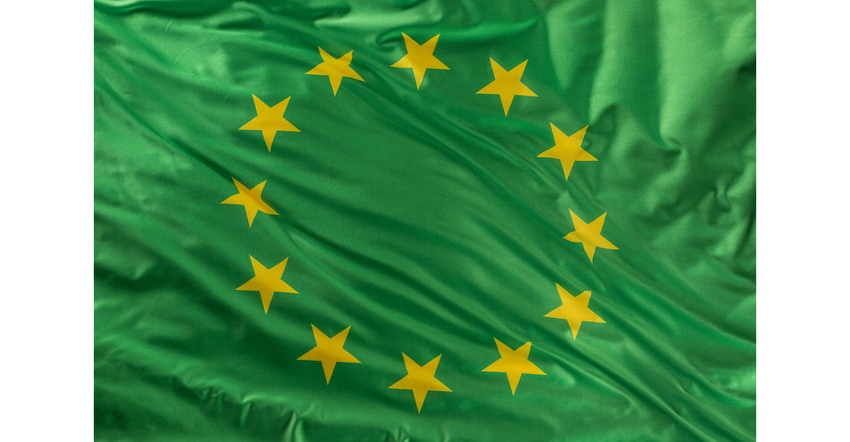The “contribution” to the EU budget is designed to incentivize member states to increase recycling of plastic waste, according to the European Commission. It will, in fact, do the opposite, responds the European Plastics Converters association.
July 27, 2020

With its latest agreement on the new Multiannual Financial Framework (MFF) and coronavirus recovery fund, the European Council has also approved implementation of the so-called plastic tax, effective January 1, 2021. While the European Council believes the €0.80/kg levy on non-recycled plastic packaging waste will have a beneficial environmental impact, the European Plastics Converters (EuPC) association thinks it will have the opposite effect.
The European Commission said that the contribution to the EU budget is “designed to incentivize member states to increase recycling of plastic waste.” The EuPC countered that “further fiscal measures are not the most efficient tool to drive innovation and investments that are needed to meet the intended policy objectives of the Green Deal.
“As the revenues of the EU plastic tax are not earmarked to be invested into the waste and recycling infrastructure, it will not increase the recycling of plastic waste in Europe,” said EuPC Managing Director Alexandre Dangis. “Instead, it will shift to other packaging materials with a bigger environmental impact. To truly increase recycling rates across Europe and protect the environment, taxation of the landfilling of plastic packaging waste would be more efficient.”
Improving the recycling of plastic packaging requires considerable investment by the entire plastics value chain in innovation, new machinery, and the ecological design of plastic packaging, said the EuPC. With expected revenues of around six to eight billion euro per year flowing into the general budget of the EU, this money would not be available for investment in the transition toward a circular economy.
Further details on the tax will have to be worked out in a specific law and approved by the European Parliament and Council of the EU. While many details remain obscure up to now, it is already clear that the member states will have large freedom in the implementation of the measures to collect the funds to be transferred to the EU, said the EuPC. The implementation and complexity of different schemes from country to country will lead to a host of heterogeneous measures destroying the single market, added the association.
About the Author(s)
You May Also Like




